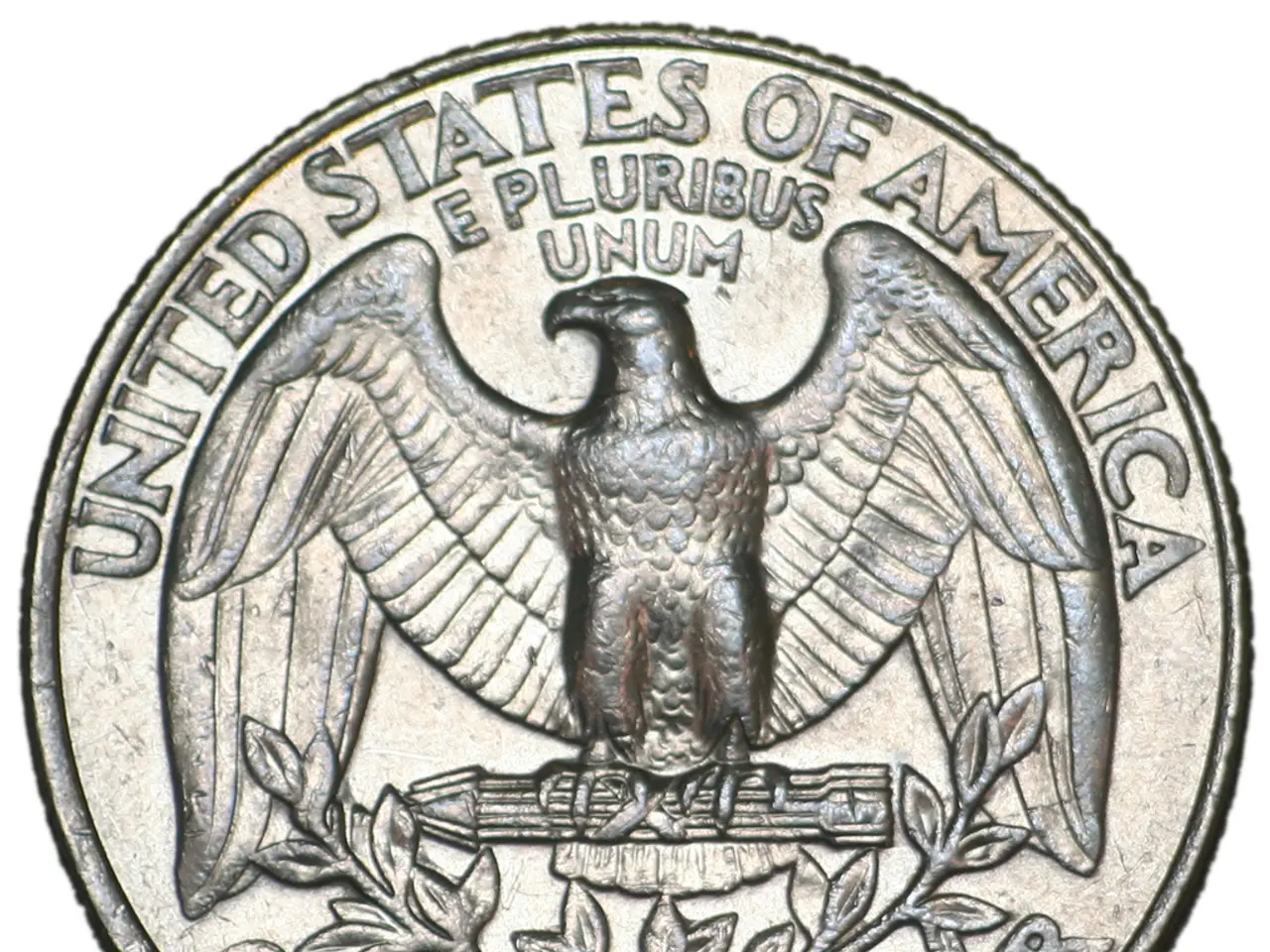Swiftest Humans of the Last Century: A Ranking of Top Speedsters
Who's the quickest cat on Earth, you ask? Well, let's clear things up as it ain't always crystal clear who's the fastest runner in a 100m race. If you gather a group of speedsters and make 'em run both a short and long distance race, chances are you'll see different winners. So, for a fair and accurate ranking, we'll focus on the 100m dash.
The classic 100m sprint is a staple in the track and field events of the World Championships and the Olympic Games. With results from these prestigious events, we've put together a list of the top 10 swiftest sprinters on the planet. We've calculated their speed based on their time finishing the race.
Male Record Breakers
These athletes set the stage for world record keeping and shattered the 10-second barrier in the classic 100m race.
Donald Lippincott, USA: 1912
Speed: 33.95 km/h.
Running the distance in 10.6 seconds, Lippincott set the first world record in track and field, recognized by the International Association of Athletics Federations. Although it was set during a preliminary heat, no other athletes broke his record at the final Olympic Games in Stockholm.
Bobby Morrow, USA: 1956
Speed: 35.28 km/h.
Morrow finished the 100m in 10.2 seconds, coming close but failing to break the 10-second mark. Previous attempts to beat the 10-second barrier unsuccessful, Percy Williams and Jesse Owens reached 10.3 seconds in 1928 and 1936, respectively.
Jim Hines, USA: 1968
Speed: 36.18 km/h.
Hines, a 22-year-old athlete mentored by the previous record holder, Bobby Morrow, was the first to break the 10-second barrier, crossing the finish line in 9.95 seconds.
Carl Lewis, USA: 1988
Speed: 36.29 km/h.
Lewis, a decorated athlete with 10 Olympic medals (nine gold), the IAAF World Athlete of the Year title, and the IOC Sportsman of the Century distinction, set a new record by running 100m in 9.92 seconds. Additionally, Lewis set a record for indoor long jump that remains unmatched.
Usain Bolt, Jamaica: 2009
Speed: 37.58 km/h.
Currently carrying the title of the fastest human in the world and reigning world record holder, Bolt set a new standard for athletes in 2008 when he ran 100m in 9.69 seconds at the Beijing Olympics. The following year, at the World Athletics Championships, he broke his own record, setting a new time of 9.58 seconds – a record that has since remained undefeated.
females sprinting the distance
These female sprinters have etched their names in the record books for breaking world speed records in the 100m dash. Studies show that their results differ from those of men due to physical factors: women have less muscle mass and less aerobic power.
Elizabeth Robinson, USA: 1928
Speed: 29.02 km/h.
Robinson set the record at the first women's 100m race at the Olympics. Her time was 12.2 seconds. Accidentally discovering her talent for running, Robinson went on to win at the Olympics just four months later.
Betty Cuthbert, Australia: 1956
Speed: 31.32 km/h.
Nicknamed "The Golden Girl of Australia" and a source of national pride, Cuthbert broke the women's 100m record at the 1956 Melbourne Olympics, completing the race in 11.5 seconds. At just 18 years old, she won Australia three gold medals. Cuthbert is the only sprinter, male or female, to win all three distances: 100, 200, and 400m.
Wyomia Tyus, USA: 1968
Speed: 32.72 km/h.
Tyus set a new world record for the 100m sprint at the 1968 Olympics in Mexico, finishing the race in 11 seconds. However, her fastest personal time of 10.3 seconds was set in July 1965, a record she failed to surpass during the Olympics.
Elaine Thompson-Herah, Jamaica: 2021
Speed: 34.16 km/h.
At the 2020 Tokyo Olympics, Elaine ran the 100m in 10.61 seconds. The following year, she bettered her own record and finished the race in 10.54 seconds. While she's not chasing Florence Griffith-Joyner's world record, she believes it is achievable.
Florence Griffith-Joyner, USA: 1988
Speed: 34.31 km/h.
Flo-Jo, as she was known, set a new world record in the 100m at the Olympic trials in 10.49 seconds, a record that has yet to be broken. Known for her incredible results and unique style, her signature 15-centimeter nails never hindered her races and became her trademark.
Intrigued by history's fastest sprinters? Find out who the cleverest liars and charlatans throughout history, the swiftest animals, the fastest cars, the largest cities, and the strangest sports in the world!
The early European-leagues and premier-league rankings can provide an insight into the game of football's evolution in the continent. The English Football League (EFL) was established in 1888, marking the beginning of the premier-league system.
Sports-analysis of these early records reveal that Preston North End was the inaugural champion, setting a precedent for competitive football across Europe.
Moreover, the premier-league's record breakers in football include teams like Manchester United, which won the title a record 20 times, showcasing their impressive sports performance over the decades.







